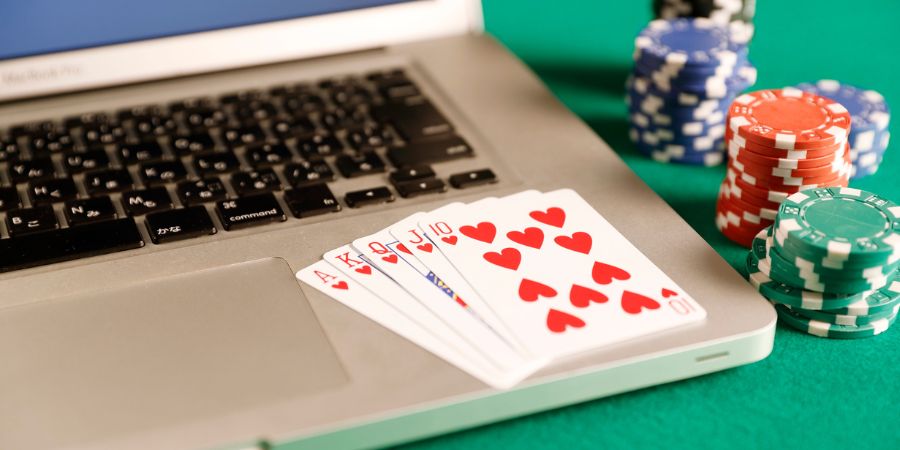Although it is one of the most iconic games played both online and in-person across the world, poker also happens to be one of the most daunting from a beginner’s perspective. Unlike other popular casino games such as blackjack or roulette, which have comparatively simple rules, poker is not necessarily an intuitive game to play.
Even once you have gotten used to the general rules, the system of “hands,” and the different poker variations, there can still be quite a high barrier to entry when it comes to the strategies you deploy in a game. As well as strategies, you’ll need to know what the best poker hands are and learn what is the worst hand in poker?
If you aspire to increase your skill and become a more advanced poker player, learning some basic strategies you can use in a game to increase your chances of success is essential. Once you have learned the basics of how to play poker, we recommend concentrating on some of the tips and strategies set out in this short article.
And who knows, once you get to grips with them, you might even end up joining one of the many championship poker tournaments played across the world each year, such as the prestigious World Series of Poker.
Stay Consistent
Perhaps one of the most important things to bear in mind when you are trying out new poker strategies is the importance of being consistent.
When you are in the middle of a match, try to avoid suddenly switching things up or hopping between strategies. Poker games can often be quite long, drawn-out affairs, which might take many hours and rounds of play to produce results.
The same is true of poker strategies. We generally discourage suddenly switching strategies when you are in the middle of a game. Instead, try out strategies over multiple rounds to get a sense of whether they are bearing fruit on that particular day.
Play with Intent
As a follow-on from the previous point, if you want to elevate your game and avoid some of the pitfalls more casual players fall prey to, such as bluffing on every round, you should always go into a poker match with a sense of intent.
This might involve thinking about what strategies you want to try out before you enter the online poker room or walk up to the card table. It also means you should always pay close attention to what is going on at the table once you get there.
Always have a reason for taking a particular action or deploying a specific strategy, such as waiting for at least a pair of picture cards before raising the blind. If you can support your strategic decisions in a game with an actual rationale, rather than just a feeling or hunch, this is a good sign you are maturing as a player.
Psychology Matters
Although much of the focus is on specific strategies or formulas that you can apply to the cards currently on the table, human psychology is a much more important factor.
Poker is a uniquely intellectual and emotional game. Unlike other traditional table games, such as blackjack or roulette, where the action is over in an instant, poker tends to be a protracted business. This means you will likely see the full spectrum of human emotion come out during a game, with everything from confidence, wisdom, stress, anxiety, sadness, excitement, and elation all being present at some point.
As emotions are unavoidable in poker, be sure to use them to your advantage. If you are in a live or online poker room, pay attention to how people are interacting and whether they are in a state of heightened or depressed emotion.
Balance Aggression with Patience
Although they might seem like opposites, both aggression and patience are important in a game of poker. Having true leadership psychology can be helpful here.
Aggression can be useful in shorter games, where you need to quickly rack up some wins to build your pot. It can also help signal to the rest of the table that you are confident in your abilities and should be treated with caution.
On the other hand, patience really is a virtue when it comes to poker. Sometimes, not rushing things can work to your benefit as the rest of the table exhaust themselves. A patient approach is particularly useful when you want to prolong your bankroll and stay in the game longer.
Although both approaches are useful, they must ultimately be in balance with each other. This is equally true whether you are playing a friendly game with friends or competing in a championship poker tournament.










